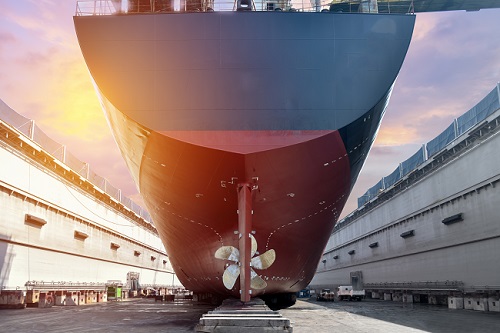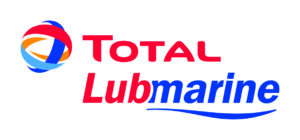Making it possible: Supporting customers and their supply chains safely and efficiently.

As the shipping industry introduces new energy efficiency, emissions and greenhouse gas initiatives, we continue to work alongside all major designers and OEMs, auxiliary equipment manufacturers – and our supply chain – to develop new engine oils to use with the fuels of the future. Our response is always to develop products that meet our customers’ needs, whichever fuel or engine type they choose.
But the challenge for any ship operator in today’s complex operating landscape, is to safely and efficiently match the lubricant to the engine and its equipment, whilst adhering to OEM warranty and service guidelines.
As one of the world’s leading lubricant suppliers we take our role and our client needs seriously. We produce a comprehensive range of trunk piston oils suitable for high-medium speed 4-stroke diesel engines, and our Aurelia and Disola products are formulated to ensure high safety margins, high levels of engine cleanliness and compatibility with all main fuel types, including High and Low Sulfur Fuel Oil (HSFO, LSFO), Liquefied Natural Gas (LNG), distillates, marine diesel oil and gas oil.
We also offer a complete range of mineral and synthetic auxiliary lubricants including Environmentally Acceptable Lubricants (EALs) to comply with regional environmental regulations.
Lubricants (EALs) to comply with regional environmental regulations.
Our teams place emphasis on helping customers optimize their lubricant consumption by working with OEMs on engine developments and performing sea-trials to test lubricant performance. There are dedicated OEM relationship managers tasked with maintaining close contact with each organisation.
Different equipment types have differing lubricating requirements, and every ship is also unique with its own lubricant schedule, which is why we’ve introduced Lubchart. Created by our Marine Lubricant Engineers in consultation with the ship owner or manager, and the shipyard, customers are given access to a dedicated website from which they can view the Lubchart in detail, and download various supporting information relevant to their vessel.
Lubricating oils can be used as a means of ascertaining the health of an engine or a propulsion system, and  proper analysis can give early warning of possible failures long before an incident occurs, allowing preventative measures to be taken. Total Lubmarine expertise extends to detailed analysis of a wide range of elements including kinematic viscosity, insolubles, flashpoint, water content, base number (BN), PQ index, metal content, acid number (AN).
proper analysis can give early warning of possible failures long before an incident occurs, allowing preventative measures to be taken. Total Lubmarine expertise extends to detailed analysis of a wide range of elements including kinematic viscosity, insolubles, flashpoint, water content, base number (BN), PQ index, metal content, acid number (AN).
‘Making it possible’ is key to our popularity with customers. We continue to work to alleviate the current pressure across the industry and use this time to further reinforce and back up the supply chain, so when travel restrictions are fully lifted, the shipping industry can get back to business and focus on their core activity without worrying about lubricant supply and stocks. We are working smarter by anticipating our customers’ needs, incorporating data management into our processes and anticipating where and when our customers’ ships will call, and what lubes they will need 24/7, is an all-important step at this challenging time.
And, with a presence in over 100 countries and 1000 ports around the world, customers can rely on a strong global network. Our teams are committed to providing the same dedication and attention to detail to each and every customer, from a single ship to large multiple fleets.
It is one of the reasons why Total Lubmarine has been rated in the IHS Markit Annual Industry report as having the second largest port network in the international marine lubricants segment.



.JPG.small.400x400.jpg)

